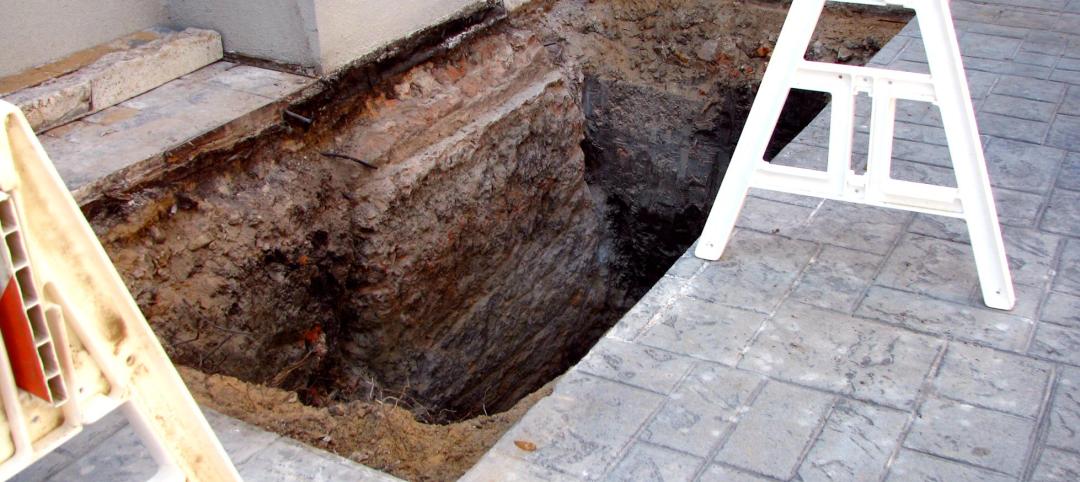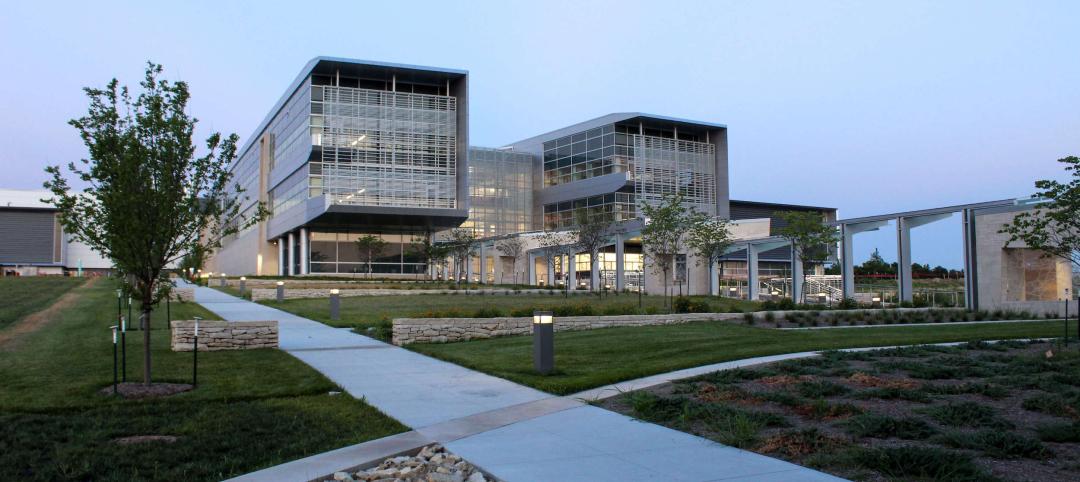Amid a persistent skilled labor shortage that continues to challenge the building sector, constrain housing supply and exacerbate affordability, Katerra, a technology company redefining the construction industry, today announced it has launched a new apprenticeship program that offers the necessary training and skills for the future of construction. Registered with and approved by the U.S. Department of Labor, Bureau of Apprenticeship and Training, credentials earned through the Katerra Apprenticeship Program are portable and recognized in all U.S. states and three territories.
The Katerra Apprenticeship Program offers a combination of technical classroom instruction and hands-on training for a variety of trade occupations including carpentry, plumbing, electrical and HVAC. Apprenticeships for other occupations are anticipated in the future. The educational curriculum associated with each of Katerra’s programs is accredited through the National Center for Construction Education and Research (NCCER). While individual programs vary depending on the complexity of the occupation, all Katerra apprenticeship programs require approximately 144 hours of technical instruction per year and 2,000 hours of on-the-job training.
“Katerra is leading the construction industry in the application of new technologies and methodologies to deliver better quality buildings faster and more efficiently,” said Samantha Rist, head of self-perform at Katerra. “We developed our apprenticeship program to train the next generation of construction workers to use cutting-edge tools and the latest technology. Now, Katerra apprentices can gain portable credentials for use throughout their careers, at Katerra and beyond.”
As part of the program, Katerra offers a series of week-long boot camps at its state-of-the-art factories for related technical instruction training modules. The boot camps – delivered in both English and Spanish – are designed to ensure each participant receives individualized support. English-as-Second Language (ESL) classes are also offered.
“The lack of skilled laborers is one of the biggest challenges the building sector faces,” said NAHB Chairman Greg Ugalde, a home builder and developer from Torrington, Conn. “Apprenticeship programs like Katerra’s that offer portable credentials and teach new technologies are important as the industry seeks to broaden recruitment and increase interest in construction as a career.”
To ensure equal opportunity for training and development in the construction industry, Katerra partners with local organizations in the areas where it operates to recruit for its apprenticeship programs, including from local high schools, workforce development programs, the military, and general industry. Interested candidates can apply for employment at Katerra’s website.
Related Stories
Building Owners | Jul 12, 2023
Building movement: When is it a problem?
As buildings age, their structural conditions can deteriorate, causing damage and safety concerns. In order to mitigate this, it’s important to engage in the regular inspection and condition assessment of buildings for diagnosis.
Mass Timber | Jul 11, 2023
5 solutions to acoustic issues in mass timber buildings
For all its advantages, mass timber also has a less-heralded quality: its acoustic challenges. Exposed wood ceilings and floors have led to issues with excessive noise. Mass timber experts offer practical solutions to the top five acoustic issues in mass timber buildings.
Multifamily Housing | Jul 11, 2023
Converting downtown office into multifamily residential: Let’s stop and think about this
Is the office-to-residential conversion really what’s best for our downtowns from a cultural, urban, economic perspective? Or is this silver bullet really a poison pill?
Contractors | Jul 11, 2023
The average U.S. contractor has 8.9 months worth of construction work in the pipeline, as of June 2023
Associated Builders and Contractors reported that its Construction Backlog Indicator remained unchanged at 8.9 months in June 2023, according to an ABC member survey conducted June 20 to July 5. The reading is unchanged from June 2022.
Codes | Jul 10, 2023
Water Demand Calculator outperforms traditional plumbing codes for energy, carbon, and water savings
Using IAPMO’s Water Demand Calculator tool can result in energy, carbon, and water savings as compared to using traditional plumbing specification methods in plumbing codes, according to a study by Arup.
Adaptive Reuse | Jul 10, 2023
California updates building code for adaptive reuse of office, retail structures for housing
The California Building Standards Commission recently voted to make it easier to convert commercial properties to residential use. The commission adopted provisions of the International Existing Building Code (IEBC) that allow developers more flexibility for adaptive reuse of retail and office structures.
Laboratories | Jul 10, 2023
U.S. Department of Agriculture opens nation’s first biosafety level 4 containment facility for animal disease research
Replacing a seven-decade-old animal disease center, the National Bio and Agro-Defense Facility includes the nation’s first facility with biosafety containment capable of housing large livestock.
Market Data | Jul 5, 2023
Nonresidential construction spending decreased in May, its first drop in nearly a year
National nonresidential construction spending decreased 0.2% in May, according to an Associated Builders and Contractors analysis of data published today by the U.S. Census Bureau. On a seasonally adjusted annualized basis, nonresidential spending totaled $1.06 trillion.
Contractors | Jun 30, 2023
Construction industry task force aims for standardized carbon reporting
A newly formed Associated General Contractors of America (AGC) task force on decarbonization and carbon reporting will address the challenges around reporting and reducing carbon emissions in the construction industry.
Standards | Jun 30, 2023
New ASHRAE standard aims to reduce disease transmission risk in indoor spaces
ASHRAE Standard 241, Control of Infectious Aerosols establishes minimum requirements to reduce the risk of disease transmission by exposure to infectious aerosols in new buildings, existing buildings, and major renovations. Infectious aerosols are tiny, exhaled particles that can carry pathogens that cause infections or disease.

















